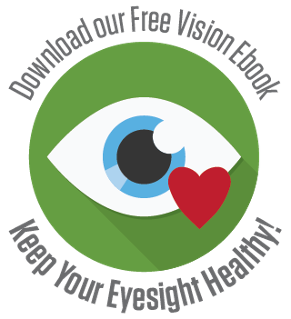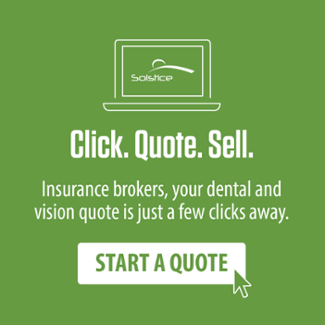By Astrid Graterol on Feb 6, 2020 12:00:00 PM
The digital natives. The Echo Boomers. No matter what you call them, the millennials (or Gen Y) are projected to be the biggest generation in American history. It’s no surprise that this generation has been a popular topic of conversation, especially among employers and benefits professionals. Millennials have brought change to traditional healthcare and this has made it challenging for benefit managers and brokers to approach them about their health benefits. But according to a few studies, millennials are showing big interest in their health benefits, especially their vision benefits.
Medical researchers and studies found that certain vision problems, such as myopia (nearsightedness) and digital eye strain symptoms due to blue light from digital screens, have increased significantly for young adults over the last three decades. According to a 2009 article in JAMA Ophthalmology, a study found myopia was 66 percent higher among adolescents and young adults compared to 30 years ago. This also means a high number of millennials require vision correction.
As the use of digital devices increases, more people are experiencing digital eye-strain symptoms. This is especially true with millennials, having grown up with access to multiple devices throughout the day and extended screen times.
In 2018, an Unum poll found that about 56 percent of U.S. adults spend more than eight hours a day looking at various digital devices, including smartphones, tablets, laptops and television screens. However, that percentage increased when examining responses from millennials, including:
- 66% of those ages 18 to 24
- 61% of those ages 25 to 34
The increase in these vision problems helps illustrate the need for vision care and can help brokers tailor a vision message for millennials. The best way to reach millennials is to educate them on their benefits. According to a recent survey, 54% of Gen Y employees strongly agreed that they need more help understanding how their benefits work.
Millennials need accurate health information to reevaluate their enrollment decision and start receiving regular eye exams. Brokers may want to communicate with millennials and provide additional help with defining basic benefit vocabulary and acronyms. Many benefit terms can sound confusing and the process of enrollment can be overwhelming because employees want to be sure they are getting the right coverage that fits their needs.
During enrollment meetings, brokers should plan for additional time with millennials to explain how insurance benefits work. Instead of starting the education with basic health insurance, use the opportunity and start with vision plans.
Vision plans offer straightforward benefits, with most having an in-network and out-of-network component, making it perfect for explaining networks. In addition, vision plans have a much lower cost and is often included in their benefits package. Consequently, starting with this information will lower the intimidation young millennials may feel.
Along with providing education on benefits, research suggested that millennials need education that emphasizes the importance of vision exams:
- Healthy adults need regular comprehensive eye exams, even if they see perfectly fine.
- Individuals often do not notice vision changes or symptoms during the beginning stages of most vision problems.
- Eye doctors can usually detect (and determine how to treat) many vision issues through a comprehensive eye exam before symptoms are noticeable.
- Treatment is most effective when there is early diagnosis of vision issues.
- An eye or vision test from a primary care physician is not the same as a comprehensive eye exam with an eye-care professional.
Based on a report from Transitions Optical, the silver lining is that 96 percent of millennial employees say that they would be more likely to use their vision benefits if they better understood them. Being a broker, you have the expertise to provide this information to millennials during enrollment. As an additional resource, download our Solstice Vision Healthy E-book to educate your clients on their vision health.





comments